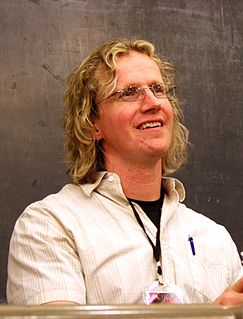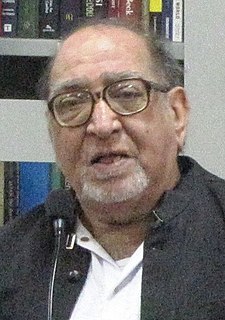A Quote by Stephen Levine
Simply touching a difficult memory with some slight willingness to heal begins to soften the holding and tension around it. (74)
Related Quotes
Looking, touching, material, place and form are all inseparable from the resulting work. It is difficult to say where one stops and another begins. The energy and space around a material are as important as the energy and space within. The weather--rain, sun, snow, hail, mist, calm--is that external space made visible. When I touch a rock, I am touching and working the space around it. It is not independent of its surroundings, and the way it sits tells how it came to be there.
I needed to create some dramatic tension to sustain the interest of the audience. For instance, the boy in the film is not in the play, so this relationship that he had with the former teacher, and his guilt, this is not at all in the play. I thought it would be interesting to look at in the film, and I added stuff like that around the main character. For me, it was not more difficult or less difficult.
While the repression of a memory is a psychological process, the suppression of feeling is accomplished by deadening a part of the body or reducing its motility so that feeling is diminished. The repression of the memory is dependent upon and related to the suppression of feeling, for as long as the feeling persists, the memory remains vivid. Suppression entails the development of chronic muscular tension in those areas of the body where the feeling would be experienced. In the case of sexual feeling, this tension is found in and about the abdomen and pelvis
Past dreams of bliss our lives contain, And slight the chords that still retain A heart estranged to joys again, To scenes by memory's silver chain Close-linked, and ever yet apart, That like the vine, whose tendrils young Around some fostering branch have clung, Grown with its growth, as tho' it sprung From one united heart.
Some good leaders are rough around the edges and some leaders are difficult. Some have difficult personalities and some are really nice to be around, but those are not the qualifications. The qualifications are their desire to see us achieve more, their desire to push us to be the best we can be. Not for their selfish gain, but because they believe that we have something to offer.







































